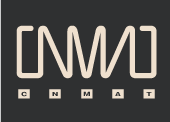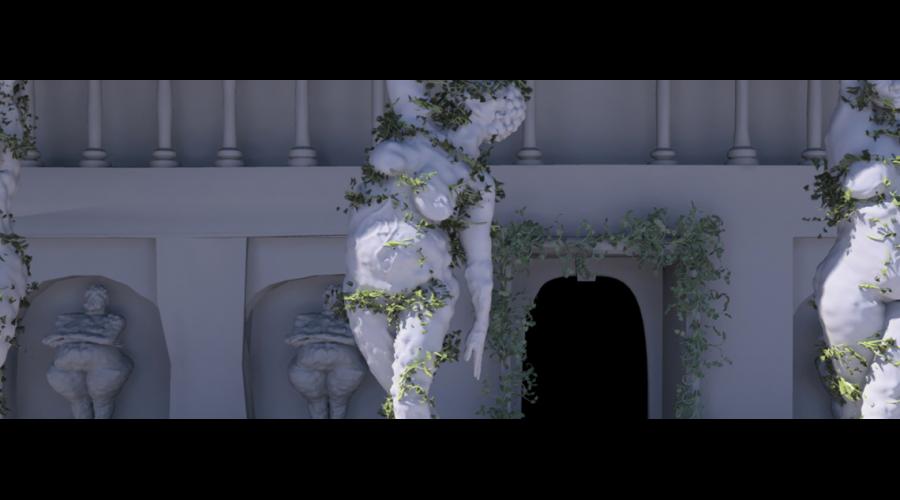Archive
CNMAT Flashback
A look back at some items in our archives.
Andy Schmeder (CNMAT): New ideas in spatial equalization, image-based control and spatio-temporal resonance synthesis
NEWISMA: International Symposium on Architecture and Music in New Media Art
Archive Browser
res-transform
Set of basic transformations for resonance models
randdist
Random number generator with over 30 statistical distributions.
printit
Really print everything about what comes in the inlet
peqbank~
Bank of biquad filters in series with analog-like control parameters based on shelving or parametric EQ (or low-level control in the biquad coefficient domain)
Publications: [cnmat:node/2231|ICMC99 paper]
oscillators~
Oscillator bank that can read waveform from a buffer~
OSC-unroute
Opposite of OSC-route: prepends bits of OSC addresses to existing OSC messages
OSC-route
Message dispatching through an OpenSoundControl address space.
OpenSoundControl
Format Max data to OpenSoundControl protocol and vice versa
Publications: [cnmat:node/2320|ICMC 97 paper] | [cnmat:node/2322|NIME 03 paper] | Community web portal
migrator
Spectral harmony a la David Wessel
midifile
reads / writes / plays type 0 and 1 midi files.
mattrms~
RMS energy analyzer with an idiosyncratic control structure
matlabcommunicate
Bridge between Max/MSP and Matlab using the Matlab Engine
list-interpolate
Linearly interpolate two lists of numbers element-wise
Publications: [cnmat:node/2231|ICMC99 paper about filter objects]
list-accum
"Accumulate" a list by adding elements gradually. Much like "zl group" except it can output arbitrary-length lists.
lcm (least common multiple)
Least common multiple
lbyl ("Look Before You Leap")
Echo an input stream of numbers to the output, but "don't believe" large jumps in the value unless the output stays at that value for a while.
interleave
interleave multiple input lists to one output list. E.g., if inputs are "A B C" and "1 2 3", the output will be "A 1 B 2 C 3".
harmonics~
harmonic, sinusoidal oscillator Bank
divcount~
"Divided count~," outputting the continuously-increasing signal out each active outlet in turn. Used for "sequential looping".
deinterleave
Divide a large input list into multiple output lists by de-interleaving. E.g., for 2 outputs, it will put odd-numbered elements out the left list and even-numbered elements out the right list.



